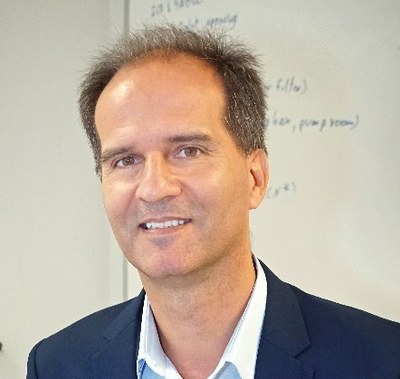Pavlov Kollias
(Stony Brook University, Brookhaven National Laboratory)
"Radar Meteorology in the 21st Century"
| What | Meteo Colloquium |
|---|---|
| When |
Apr 27, 2022 03:30 PM
Apr 27, 2022 04:30 PM
Apr 27, 2022 from 03:30 pm to 04:30 pm |
| Where | 112 Walker and Zoom Webinar |
| Contact Name | Matt Kumjian |
| Contact email | [email protected] |
| Add event to calendar |
|
This talk is presented in-person and as a Zoom Webinar and requires a passcode. For anyone outside the department; If you would like to attend, email Lan Lewis, [email protected].
 Abstract:
Abstract:
For over half a century, radars have been the primary source of observational insights into clouds and precipitation microphysics and dynamics and contributed to numerous significant advancements in the field of cloud and precipitation physics. The basic architecture of atmospheric radars has changed little since it was first introduced after World War II. Since the beginning of the 21st century, advancements in radar technology, engineering, ML/AI, 5G, and edge computing have enabled the development of sophisticated, scalable radar sensors that can provide the leap in observational power required to address some of the observational shortcomings of the last 50 years. These innovations are expected to disrupt the way we design radar-based observing systems and lead us to new observational discoveries either as a single system or as part of a network or constellation. Here we will use convective dynamics, one of the remaining observational challenges as our case study. We will discuss at a high level how innovations such as electronically scanned or phased-array radars and miniaturized spaceborne radars (CubeSats) are expected to significantly improve our ability to study deep convection. The high-resolution big data provided by these collaborative networks and constellations are expected to advance our predicting capabilities at regional and global scales.
